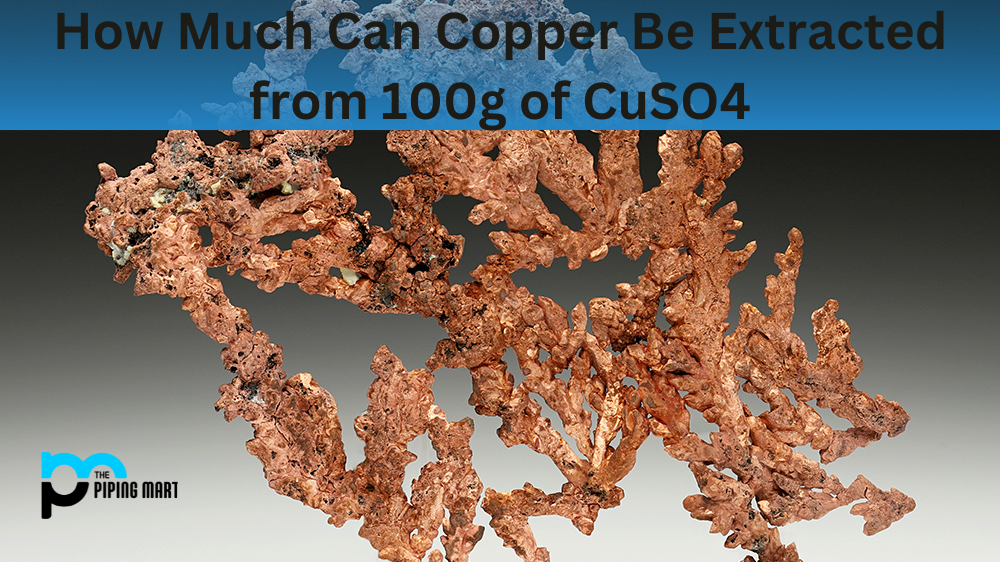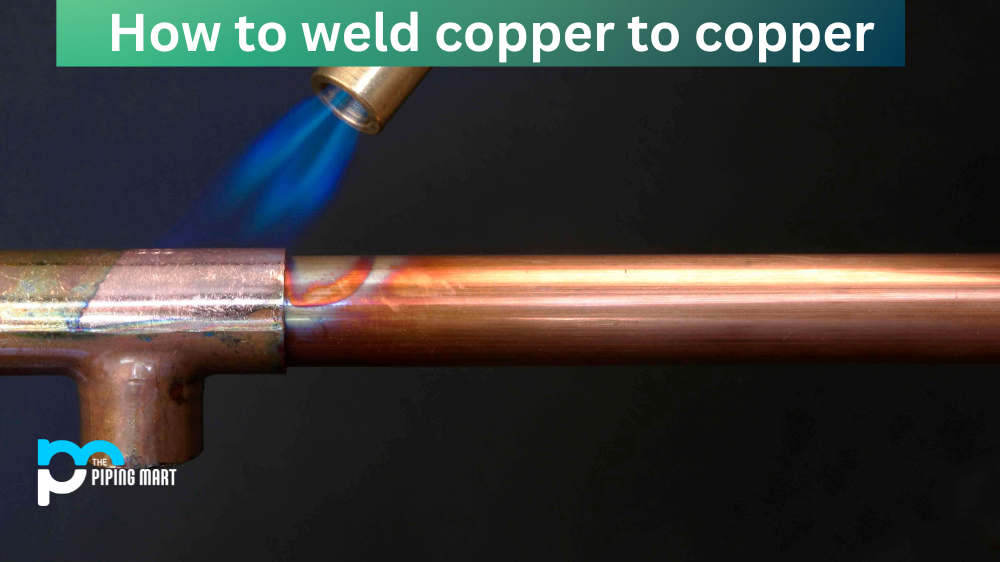Alloy steel pipe is a type of steel pipe that consists of alloying elements, such as manganese, silicon, nickel, titanium, copper, chromium, and aluminium. These alloying elements are added to increase the mechanical and chemical properties of the steel. This blog post will discuss the physical properties, chemical composition, mechanical properties, and uses of alloy steel pipes.
Physical Properties
Alloy steel pipes have a higher strength-to-weight ratio than conventional carbon steel pipes. This means they can withstand more pressure while maintaining their structural integrity. Additionally, they are much more resistant to corrosion and wear than traditional carbon steel pipes due to the addition of alloying elements which protect against oxidation.
Chemical Composition
The chemical composition of alloy steel pipes varies depending on the specific grade used. Most commonly used grades include 4140 (chromium-molybdenum), 4130 (chromium-molybdenum-silicon), 52100 (chromium), 1020 (carbon), 8620 (nickel-chromium-molybdenum) and T304/L (stainless steel). Each grade has unique properties and characteristics, making it ideal for different applications.
Mechanical Properties
Alloy steel pipes are typically stronger than traditional carbon steel ones due to the addition of alloying elements. They also have greater temperature resistance and better weldability than carbon steels due to their lower carbon content levels. Additionally, they tend to be more ductile than standard carbon steels when exposed to various temperatures or pressures.
Uses
Alloy steel pipes are used in various industries due to their versatile properties. They are often found in automotive components such as exhaust systems and engine parts because they can withstand high temperatures without breaking down easily. They also find uses in construction projects where they provide strength while being lightweight at the same time. Finally, they are often used in power plants and other industrial settings because they offer superior corrosion resistance to other metal pipes.
Conclusion
In conclusion, alloy steel pipe is an excellent material for many applications requiring strong yet lightweight materials with superior corrosion and temperature resistance capabilities. Its versatility makes it perfect for use in automotive components, construction projects, power plants, and other industrial settings where its properties benefit your project or product the most! If you’re looking for a reliable material that offers excellent performance in any situation, look no further than alloy steel pipe – it’s sure to get the job done!

Meet Bhavesh, a seasoned blogger with a wealth of knowledge and experience. From metal products manufacturing to retail, Bhavesh has a diverse background in various industries and is dedicated to sharing his insights and expertise with readers.




